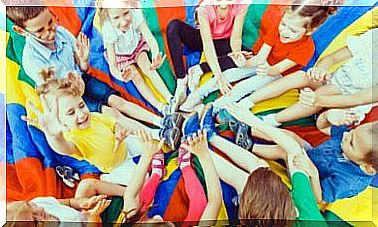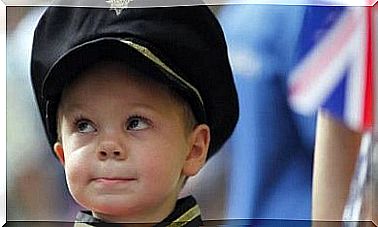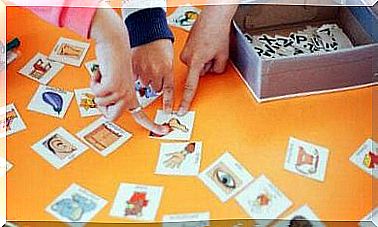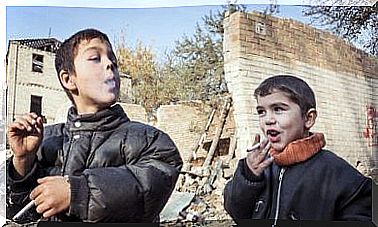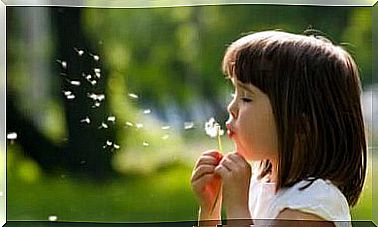The Educational Value Of Children’s Literature

It is impossible to deny the educational value of children’s literature: it is an excellent resource that favors, from early childhood to adulthood, the taste for reading and the emotional and behavioral development of people.
During early childhood, children have their first imaginative experiences by reading storybooks. This way, they satisfy their constant curiosity and can name their sensations. In this article, we will talk about the educational value of children’s literature.
Children’s literature and its characteristics
According to Gianni Rodari, a story can be defined as a short, simple and linear story, oral or written, of real or imaginary facts. It has a simple structure (preface, development, conclusion), with a brief description of the scenarios, and its plot is made up of a small number of characters, each with its own characteristics. The purpose of the stories is usually moral or recreational.
The structure of a story is defined by the presentation of its characters and the description of a conflict situation. This situation must be resolved by the action of the characters who therefore develop the outcome of the story.
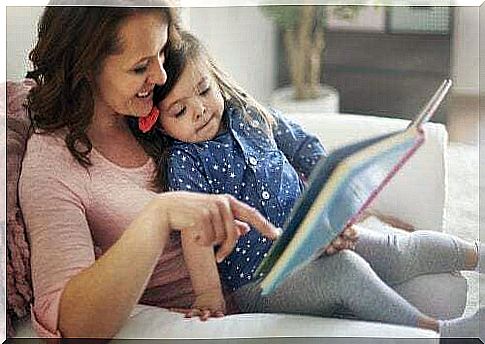
Main features of a story
- Promotes the development of the imagination.
- Awaken emotions and feelings (joy, anger, sadness, admiration).
- It combines reality with fantasy.
- It transmits values (goodness, justice, respect, loyalty, compassion, solidarity, friendship, overcoming).
- It is a resource for reflecting on behavior, on what is right or wrong.
- It enables conflict resolution and lessens fear.
The educational value of children’s literature
The educational value of children’s literature, its pedagogical and didactic function and, therefore, its importance lie in facilitating the transmission of cultural heritage. In addition, it helps to promote language development and influence the psychological development of children.
Listening to and reading stories allows children to expand their vocabulary and to encounter new expressive models, progressing in the understanding of increasingly complex forms of written texts. At the same time, it promotes cognitive development, allowing them to transfer situations experienced in stories to other situations in their daily life.
Furthermore, through literature, children exercise memory, improve concentration and attention, and are able to place events chronologically by understanding a before and an after.
On an emotional and social level, it helps them understand the meaning of certain values through both the positive and negative actions of the leading characters. In this way, children are gradually learning and assuming certain roles and social norms.
Psychologically, through literature, children can identify with characters. A story can allow both a child and an adult to find answers to their questions, consolation to their fears, needs and contradictions.
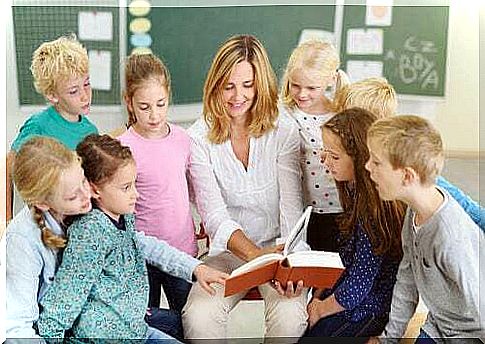
In short, adapted to the ages and stages of education in particular, children’s literature satisfies the desire to know more and more, be they environments, people, situations or sensations.
Importance of narration
It is important, especially in the childhood stage, to take into account the difference between telling a story and telling it. When a story is told, a harmonious atmosphere is created that invites you to enjoy the story and the characters. So the narrative implies that whoever is doing it must know exactly how.
To get a good storytelling, you need to modulate your voice well and speak calmly and slowly. Also, you have to imitate the tone and voices of the characters and make the necessary pauses and silences required by the plot. It is also important to be close and at the same height as the listeners, especially if they are children, with whom it is necessary to create a certain complicity and trust.
In the end, a story …
It is a journey into the unknown, a journey shared by a path that invites you to discover and investigate as you grow and progress. Literature is essential for the emotional, intellectual and linguistic development not only of children, but of all: this is where its educational value lies.
